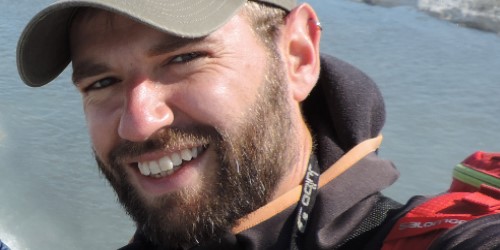Can we reduce Nitrous Oxide emissions from grasslands by inoculating them with rhizobia?
About the project or challenge area
Nitrous oxide (N2O) is a potent greenhouse gas with ~300 times the warming potential of carbon dioxide. Agriculture is the largest source of anthropogenic N2O, and more than half of the agriculturally emitted N2O (4.1 Tg N2O-N) is coming from permanent grasslands. Mitigation measures that reduce N2O emissions from agriculture are urgently needed and can make the difference in combating climate change. Manipulating the soil microbiome could hold the key to reducing N2O emissions. Symbiotic Rhizobia that are N-fixers and form nodules in the roots of clover plants, could also be capable of reducing N2O if they possess the gene for encoding nitrous oxide reductase (nosZ). This genotype has been shown to exist in soybean-rhizobia associations, but little is known on whether clover-rhizobia symbionts can display similar N2O reducing capabilities.
This project will investigate the potential of clover-rhizobia associations to mitigate N2O emissions by isolating native grassland rhizobia strains to investigate the presence of the N2O-reducing genotype.The isolated strains will undergo DNA extraction and genomic sequencing to explore the presence of the nosZ gene. Biogeochemical analysis of grassland soils will be related to the presence/absence of the nosZ gene sequence to infer potential genotype environmental controls.
Why choose this project?
You will receive extensive training in DNA extraction and amplification techniques, genomic sequencing and bioinformatic analysis. You will also be trained in biogeochemical analysis of soils and the use of mass spectrometry for stable isotope analysis in gas and solid samples. You will emerge with a strong background in interdisciplinary sciences, including the application of molecular analysis to answer environmental sciences problems.
About you
This project would suit a candidate with some knowledge of molecular biology techniques. Knowledge of bioinformatics or biogeochemistry analytics would also be desirable, but training will be provided where necessary.
How to apply
All students can apply using the button below, following the Admissions Statement (PDF, 188kB). Please note that this is an advertised project, which means you only have to complete Section A of the Research Statement.
This project is not funded, for further details please use this link.
Before applying, we recommend getting in touch with the project's supervisors. If you are interested in this project and would like to learn more about the research you will be undertaking, please use the contact details on this page.
 Supervisor
Supervisor
Your supervisor for this project will be Dr Fotis Sgouridis, School of Geographical Sciences.
 Supervisor
Supervisor
Your Supervisor for this project will be Dr Chris Williamson in the School of Geographical Sciences.
 Supervisor
Supervisor
Your Supervisor for this project will be Dr Gary Barker, Senior Lecturer, School of Biological Sciences.
Find out more about your prospective research community
The Environmental Change theme is a vibrant community of researchers who integrate expertise across multiple disciplines to provide the evidence base and solutions to tackle the world's most pressing environmental challenges. Find out more about the Environmental Change research theme.